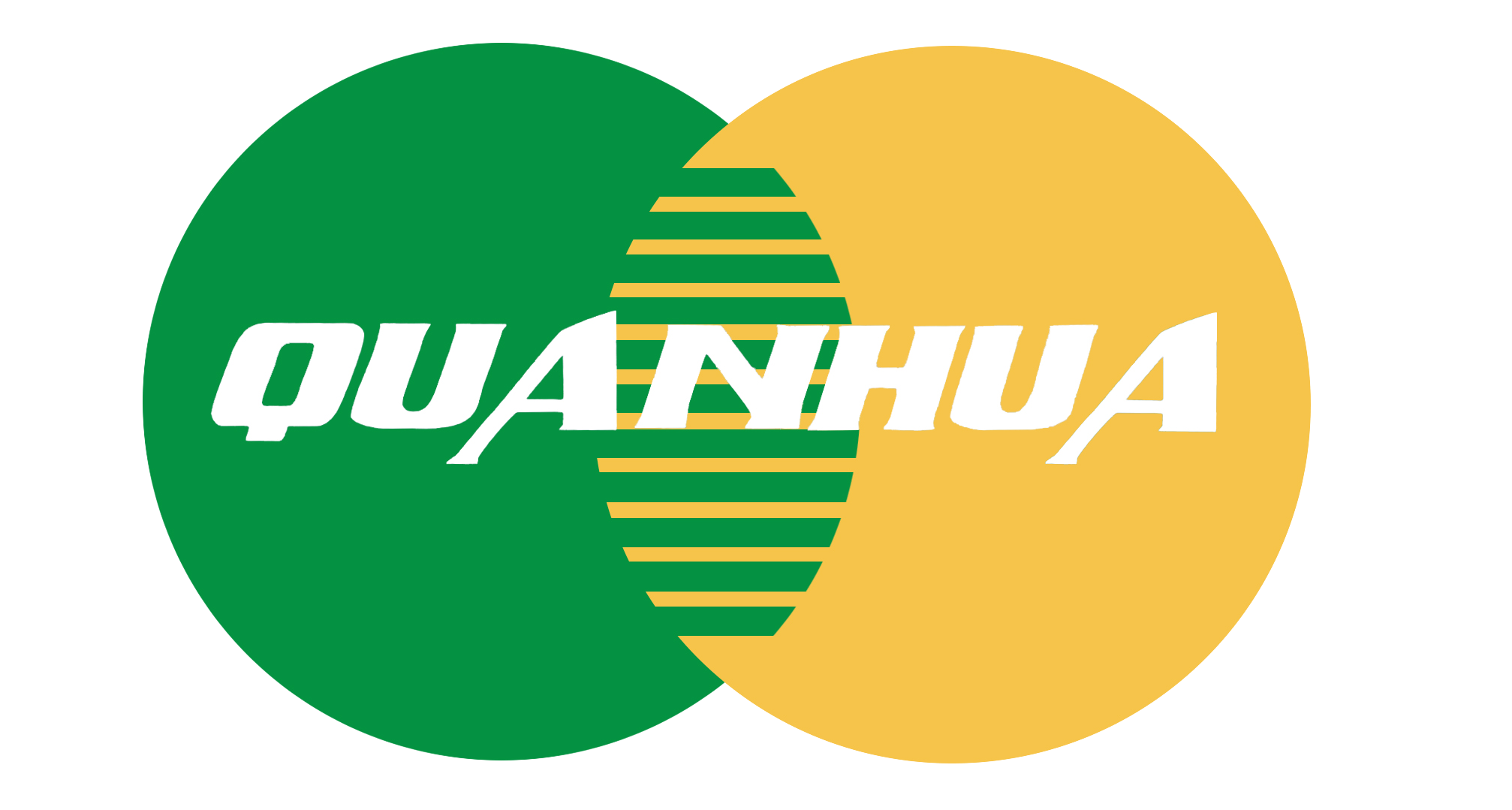Paper Pulp Tableware vs. Plastic Tableware: Navigating the Environmental Impact
In today's environmentally conscious world, businesses and individuals are increasingly seeking sustainable alternatives for everyday products. This is particularly true in the foodservice industry, where disposable tableware is a ubiquitous necessity. However, the environmental impact of traditional disposable tableware, often made from plastic or paper pulp, is a growing concern.
Paper Pulp Tableware: A Sustainable Choice?
Paper pulp tablewareis often touted as an eco-friendly alternative to plastic tableware. Made from recycled paper or wood pulp, these products are biodegradable and compostable, breaking down naturally over time. However, the production of paper pulp tableware can have its own environmental drawbacks.
The manufacturing process for paper pulp tableware requires significant amounts of water and energy. Additionally, the use of chemicals in the pulping and bleaching processes can raise environmental concerns.
Plastic Tableware: A Persistent Problem
Plastic tableware, on the other hand, is derived from petroleum, a non-renewable resource. The production of plastic generates greenhouse gas emissions, contributing to climate change. Moreover, plastic tableware is not biodegradable and can persist in the environment for hundreds of years, posing a significant threat to marine life and ecosystems.
Making Informed Choices: Considering the Factors
When selecting between paper pulp tableware and plastic tableware, several factors should be considered. Cost, availability, environmental impact, and suitability for the intended use are crucial aspects to weigh.
Paper pulp tableware is often more expensive than plastic tableware, making it a less budget-friendly option. However, its biodegradability and compostability may be worth the extra cost for environmentally conscious consumers.
Plastic tableware, while typically less expensive, has significant environmental drawbacks. Its non-biodegradable nature and the associated greenhouse gas emissions make it an unsustainable choice.
Conclusion: Embracing Sustainable Practices
The choice between paper pulp tableware and plastic tableware presents an opportunity to make informed decisions that align with personal values and environmental responsibility. While paper pulp tableware offers a biodegradable alternative, its production can have environmental impacts.
As the demand for eco-friendly products continues to rise, innovative solutions are emerging, such as tableware made from plant-based materials or reusable alternatives. By embracing these sustainable practices, we can reduce our environmental footprint and protect the planet for future generations.

